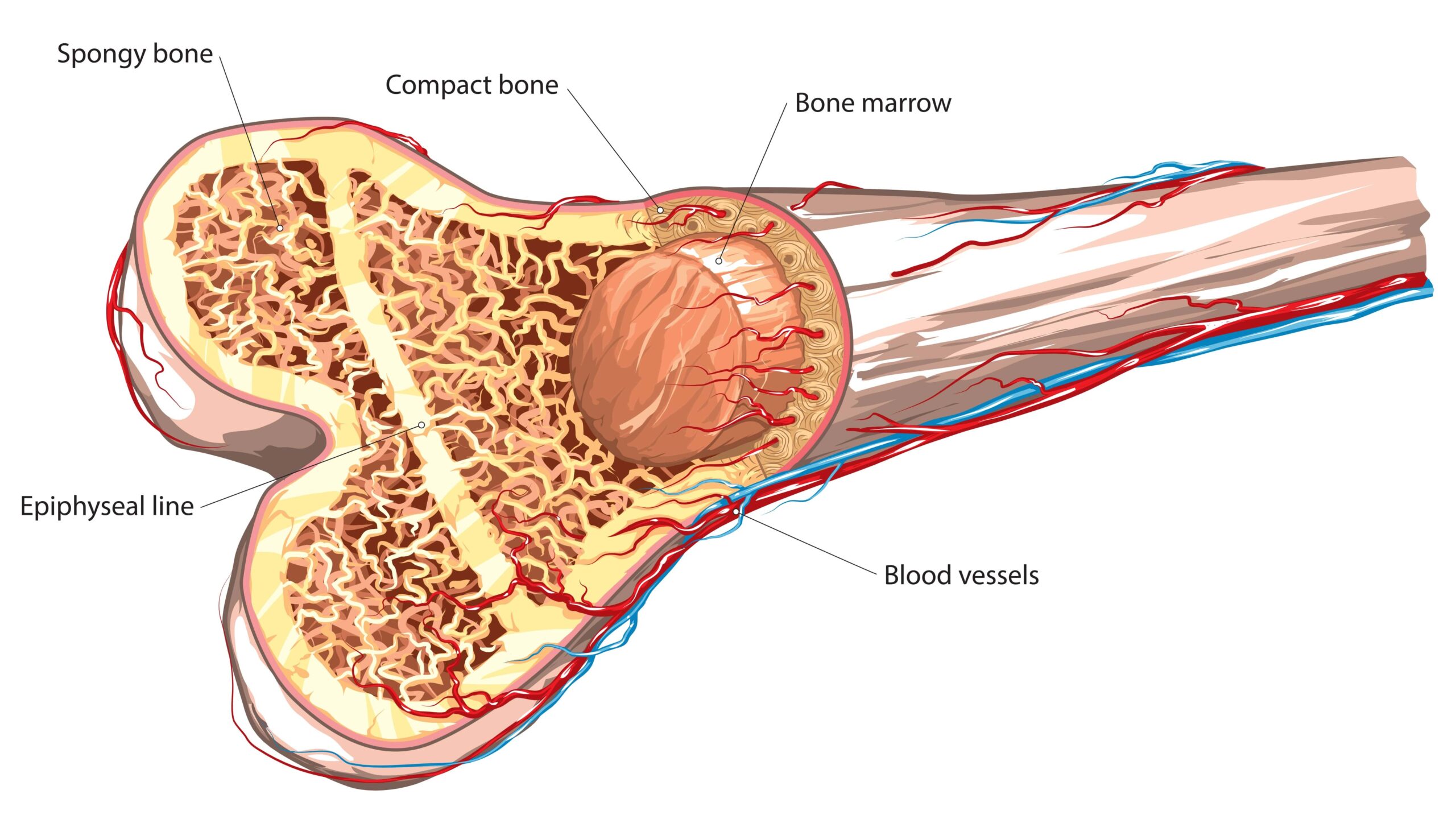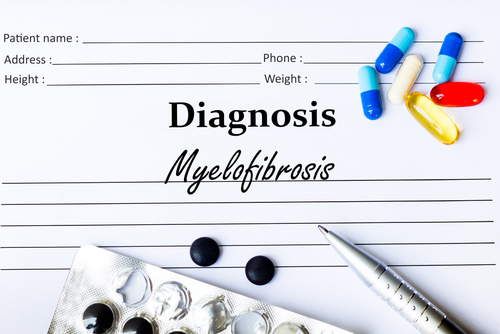
Ruxolitinib, an oral JAK1/2 inhibitor approved by the U.S. Food and Drug Administration for the treatment of myeloproliferative neoplasms (MPNs), is associated with worsening cardiometabolic health, according to an article published in Scientific Reports.
The retrospective study analyzed data from 69 adults (mean age, 65 years) with MPNs who initiated ruxolitinib between 2010 and 2017 at Mount Sinai and were identified from electronic medical records.
Increased cardiometabolic concerns
Patients’ body weight increased from a mean of 73.9 kg at baseline to 78.54 kg at 72 weeks (P<0.001), with 50% of patients gaining more than 5% of their baseline body weight. Body mass index increased from 25.8 kg/m² at baseline to 27.5 kg/m² at 72 weeks (P<0.001).
Adults treated with ruxolitinib had a higher systolic blood pressure (P=0.03), as well as serum aspartate aminotransferase (P=0.01) and alanine aminotransferase (P=0.04) at 72 weeks.
“As pharmacological JAK1/2 inhibitors are being developed and used in clinical practice, it is important to understand their long-term metabolic consequences,” the researchers concluded.







 © 2025 Mashup Media, LLC, a Formedics Property. All Rights Reserved.
© 2025 Mashup Media, LLC, a Formedics Property. All Rights Reserved.